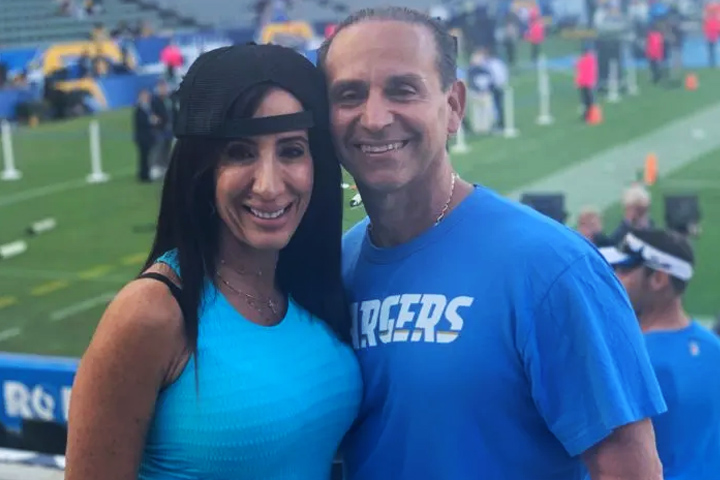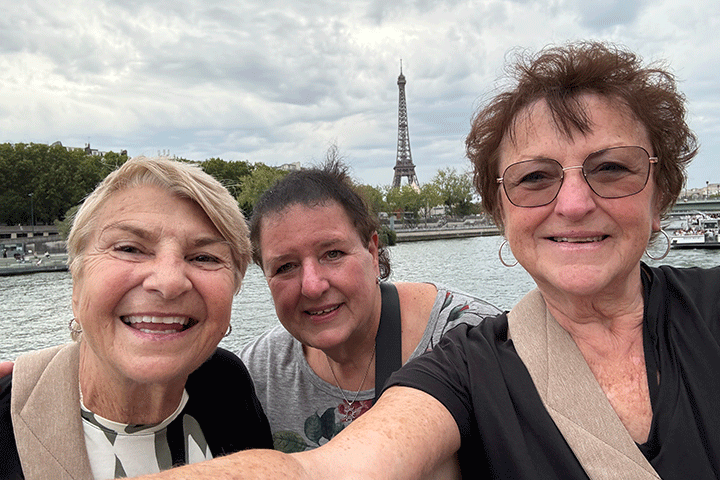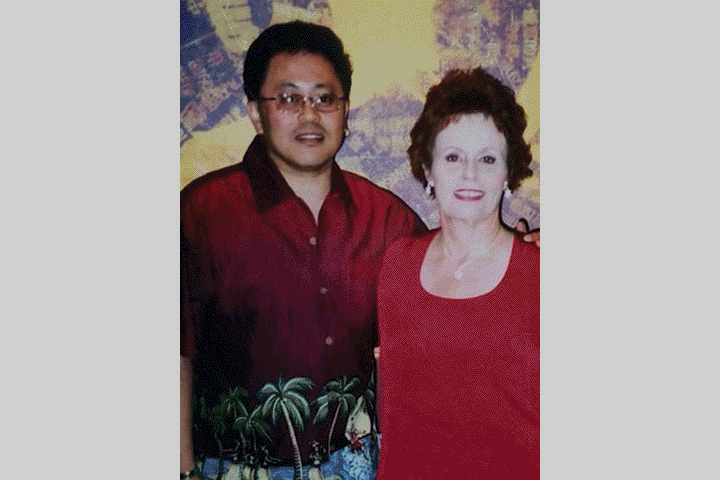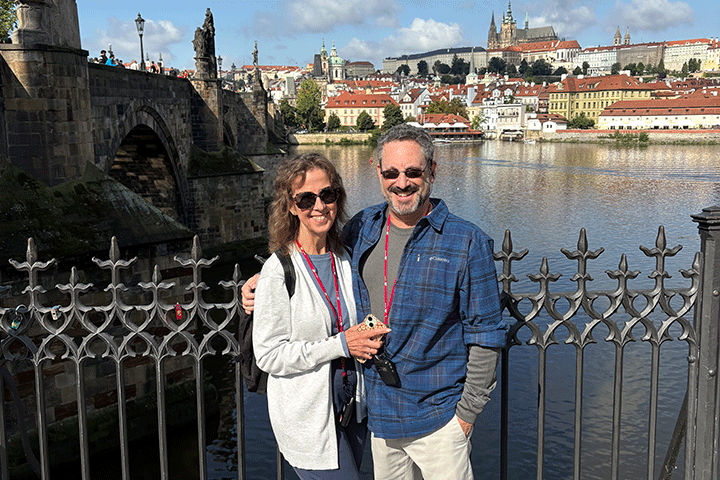Confidence in My Treatment

- Chronic abdominal pain finally leads to a pancreatic cancer diagnosis
- Chemo and radiation, followed by Whipple surgery
- Recurrence leads to more chemo and radiation
I was diagnosed with pancreatic cancer in 2016.
I am originally from Brooklyn. I was a detective with the New York Police Department (NYPD) when the 9/11 attacks occurred, so I was one of many first responders working at the World Trade Center site. I retired from the NYPD after 20 years and moved to California, where I started working with musician Stevie Wonder as his personal assistant.
In the Spring of 2016, I began having severe pain in my abdomen that had me doubled over. I rushed to the ER, where I was told it was gas. I was sent home with over-the-counter medication. But for the next eight months I continued to have chronic pain in my abdomen. During that time, I had two endoscopies, two colonoscopies, gave stool samples, was tested for parasites, and had numerous other scans. The doctors I saw kept insisting it was gas, but I was sure it was something else. I kept pushing them to do more testing.
Finally, in October of 2016 I was given a PET scan, which revealed a tumor on my pancreas. I was visiting my family in New York when I got the news. I thought I was done, that it was a death sentence. I thought this was going to be the end of my life. But my family and friends told me to be strong.
A Doctor Who Believes In Me
My gastrointestinal doctor sent me to Dr. William Isacoff, who gave me confidence and encouraged me not to give up. Dr. Isacoff ordered 12 months of chemo and radiation to shrink the tumor. By November 2017 the tumor shrunk enough for me to have the Whipple surgery. I went to Dr. Yuman Fong, at City of Hope Hospital, Duarte, California. The surgery was a success, and after I recovered, I thought I was “cured.” However, the cancer returned in October 2018.
When the cancer came back, I was again put on chemo and radiation for seven more months. Before I began the chemo again Dr. Isacoff reassured me that we had this.
Staying Positive During Treatment
During my time in treatment, I tried to follow my regular routine as much as possible. I attended some sports events, I kept going to the gym, and I even took a few short trips to Vegas, to keep myself positive. Going to the gym was really important to me. Even when I was too weak to work out I still went to the gym for the friendship and support.
I lost about 50 pounds during treatment because I couldn’t maintain any food, so I had to have IV nutrition. I wore an IV nutrition bag for 10 hours a day, to keep up my weight and energy. I would try and schedule my day around this. And when I needed to go out I was able to put the bag in a backpack.
I was also hooked up to a chemo machine at certain times, but I continued to do what I could. It was important to me that I do my daily activities and not stop my life.
Most of all, my confidence in my doctor allowed me to believe in my treatment. In June 2019, my PET scan came back clean and I have been off chemotherapy since then.
Life After Treatment
My cancer has been attributed to the time I spent as a first responder after 9/11.
Stevie Wonder often discussed the obstacles he had to face in his life. After my diagnosis, he would talk about my obstacles, and how it would be something that I have to deal with but would be a speed bump in my life. In my daily work with Stevie I received encouragement that I could beat this obstacle.
My family and friends also called every day with encouragement for me.
I am a big believer that attitude makes all the difference. Have confidence in your doctor, so that you can believe that your treatment will be effective. If you believe hard enough you can make it happen. This has helped make me a stronger person. I do not ever say to myself “why me?” because I know that there is always someone who is fighting harder and dealing with an even bigger obstacle.
Dealing with pancreatic cancer has made me appreciate every day of my life. I am a stronger person and have learned how to let go of the small things.
My advice to ANY patient experiencing symptoms: Be your own best advocate. If you are not satisfied, demand more tests, and more information. You know when you are not feeling right.
If you are diagnosed with pancreatic cancer find a doctor you trust. Don’t be silent—be vocal. Talk to your support people when you are upset or stressed. Stay on the path to your recovery, your belief in yourself, and your fight.
Enrico passed away in November 2021. A 9/11 first responder, he showed the same resilience in his five-year battle with pancreatic cancer. We offer our deepest sympathy to his family.
Watch Enrico tell his story in “Don’t Be Silent.”






